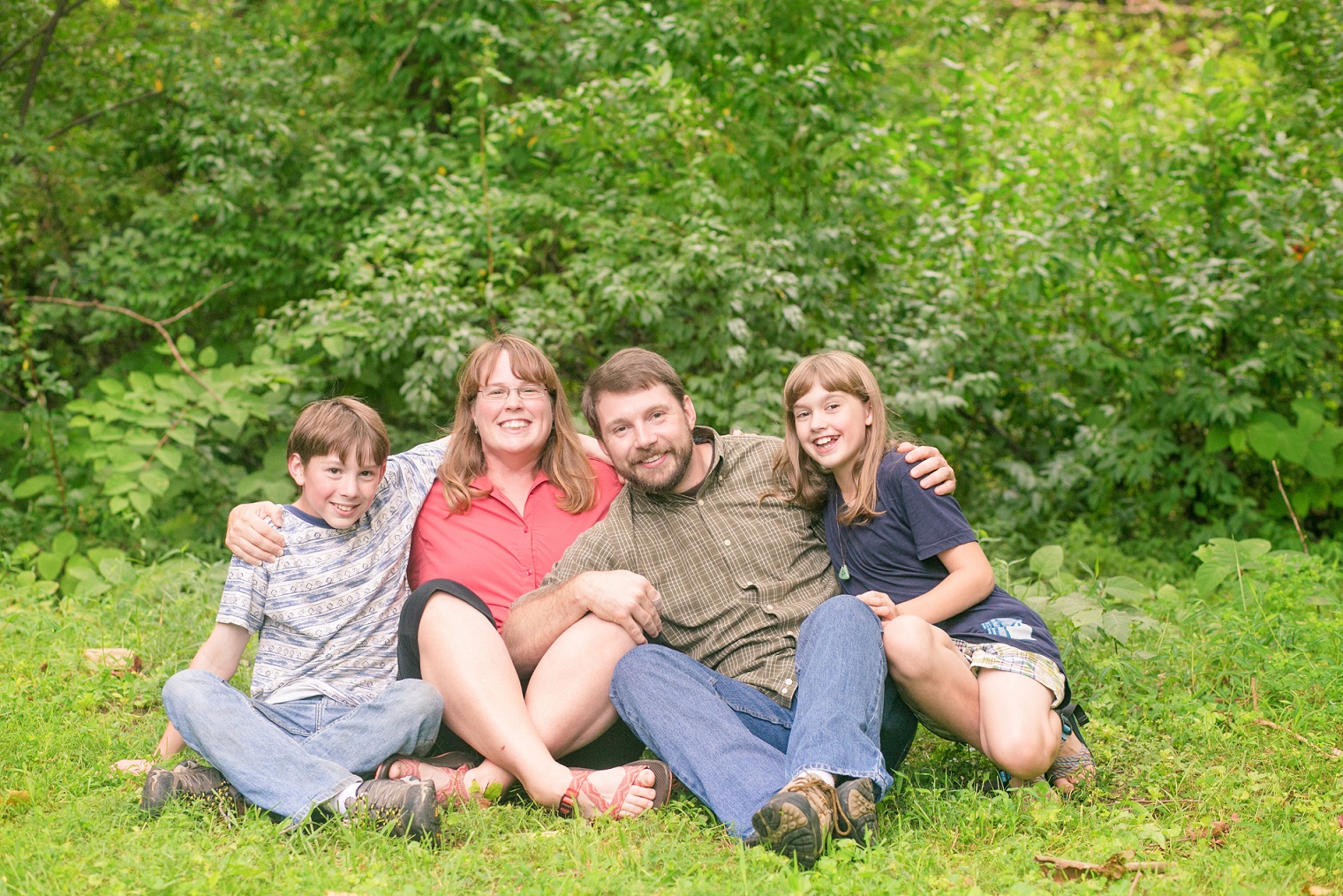I thought I'd leave this update if someone finds this blog and
wonders what happened to the Mullins family.
First, it's important to address what happened to our mountain home.
Beginning in 2013, the coal markets entered a "bust" stage within their
typical boom and bust cycle. As mines shut down and coal companies filed for
bankruptcy (as they always have), they utilized the downturn to blame
environmental regulations for mine closures. The reason was simple, push
job-scared mining families to vote for more conservative politicians (like
Donald Trump) who would gut environmental regulations for the next boom cycle. Large
environmental groups declared themselves victorious to their funders and moved
on, leaving grassroots organizers to fend for themselves. Meanwhile, coal
companies did not stop mining entirely. They are still destroying mountain tops
throughout Appalachia, and since corporations still own the vast majority of mineral rights,
they will wait until markets return and begin re-opening mines.
It is difficult to express how depressing and frustrating it all is. Only one thing comes close to communicating the emotional turmoil grassroots organizers from the region feel, and that is the short film The
Both of Me (2021) featuring Chuck Nelson and Maria Gunnoe. I deeply admire both of them. They helped me understand the truth about surface mining and that there was a fight to be fought.
Please watch it and support the
Mother Jones Community Foundation if you can.
--
As for us? Well. It's a long story. The past seven years have been full of
change.
Rustina and I both graduated from Berea College in 2016 with honors. Our time
at Berea was filled with new knowledge and self-awareness. Part of that self-awareness helped us realize things about our relationship too. We married very young and despite all of those years together, we found we were not the same
people we once were. We decided to separate and eventually obtained a no-fault
divorce with joint custody of the kids. I became Daniel and Alex's primary caregiver and
eventually remarried a wonderful lady who was working as a long-term volunteer in
central Appalachia. While no divorce ever occurs without some level of
heartache, the kids weathered it remarkably well. They have graduated high school and are
charting their next steps. Daniel is looking to work through his neurodivergence as
best he can and go to college to learn various trade skills, while Alex wants
to spend time working in the Americorps before going to college.
As for Breaking Clean. I did my best to cobble together a basic income working
in various areas. Evening Star Productions contracted me to help with
distribution and public outreach for the documentary film
Blood on the Mountain (another excellent film I highly recommend); I
did some consulting work for the Livelihoods
Knowledge Exchange Network (LiKEN); we became involved with the Citizens
Climate Lobby; and I did a bit of public speaking at colleges and
universities throughout the northeast and the mid-Atlantic. About a year and a
half in, I was approached with the opportunity to pursue a master's in
sociology at Virginia Tech through a graduate teaching assistantship. I accepted and we left
Kentucky for the New River Valley of Virginia.
I intended to pick up where I left off by studying the jobs vs. environment dichotomy and issues that prevent community organizing around environmental issues. My studies only helped further my understanding of why environmental activism was failing, much of which was pinpointing various issues I'd run up against with many environmental non-profits. I was finally able to put a name to it, the non-profit industrial complex (NPIC).
For those unfamiliar with the NPIC, it works like this. Environmental
non-profits seek out hot topic issues, join the
fight, give a few resources, and co-opt everything. They use the voices of
local grassroots organizers to fundraise and host
workshops, meetings, and lobbying efforts while bringing in activists who are culturally
different from the local communities. Ultimately, they earn money to pay their salaries while living middle and upper middle class lifestyles in wealthier areas, well away from the actual problems. Think greenwashing using actual environmental
issues and exploiting the people fighting them.
As time wore on, I uncovered levels of classism and elitism among even some of
the more regional "grassroots" organizations, including Appalachian Voices
(whose primary offices are found in Charlottesville, VA, and Boone, NC, both of
which are areas drastically different socioeconomically from the areas they
seek to "help"). Another example was the Ohio Valley Environmental Coalition, which,
after being called out for similar issues and underpaying "lower
level" staff, dissolved the organization when employees unionized to
combat the injustices within the organization.
The deeper the rabbit hole went, the
more obvious it became that we were never just fighting the coal industry and
other major polluters; we were fighting systemic oppression imposed by environmental
elitists. I even realized that my blog "Thoughts of a Coal Miner" was
only popular when I was calling out "anti-environmentalist" coal
miners, but never when I critiqued environmentalists and organizations for
astroturfing and creating a culture war rather than working toward actual organizing work and tangible
positive outcomes within coal mining communities.
Then COVID hit, which created its own set of issues. I decided to withdraw from
graduate studies and pursue a long-held dream. After years of searching for a
new home to put down roots in, we chose the Maine Highlands based on its
similarities to home and cooler climate. With any luck, we can start a
small educational permaculture farm and teach kids the importance of local food
security while appreciating our natural world. If we can make enough money to
buy some land, the kids plan on joining us.
So, that about sums it up. We are in Maine, still trying to figure things out. If you want to connect or reconnect, feel free to reach out via nick.mulllins79 [at] gmail[dot]com.
In peace and hope,
Nick




 Dylan
Dylan